Latest Articles

What Riders Need to Know About Georgia Motorcycle Laws
For motorcycle riders in Georgia, the call to the open road can feel like an exhilarating adventure...
Read More
The Average Settlement Amount for Motorcycle Accidents in Georgia
Finding the “average” settlement amount for a motorcycle accident is tough, because every case ...
Read More
Filing a Claim for a Car Accident in Atlanta, GA
Filing a Car Accident Claim in Atlanta When filing a car accident claim in Atlanta, it is crucia...
Read More
Motorcycle Accident Traffic Laws in Gwinnett County
Gwinnett County Motorcycle Traffic Laws Motorcyclists need to follow all local traffic laws to keep ...
Read More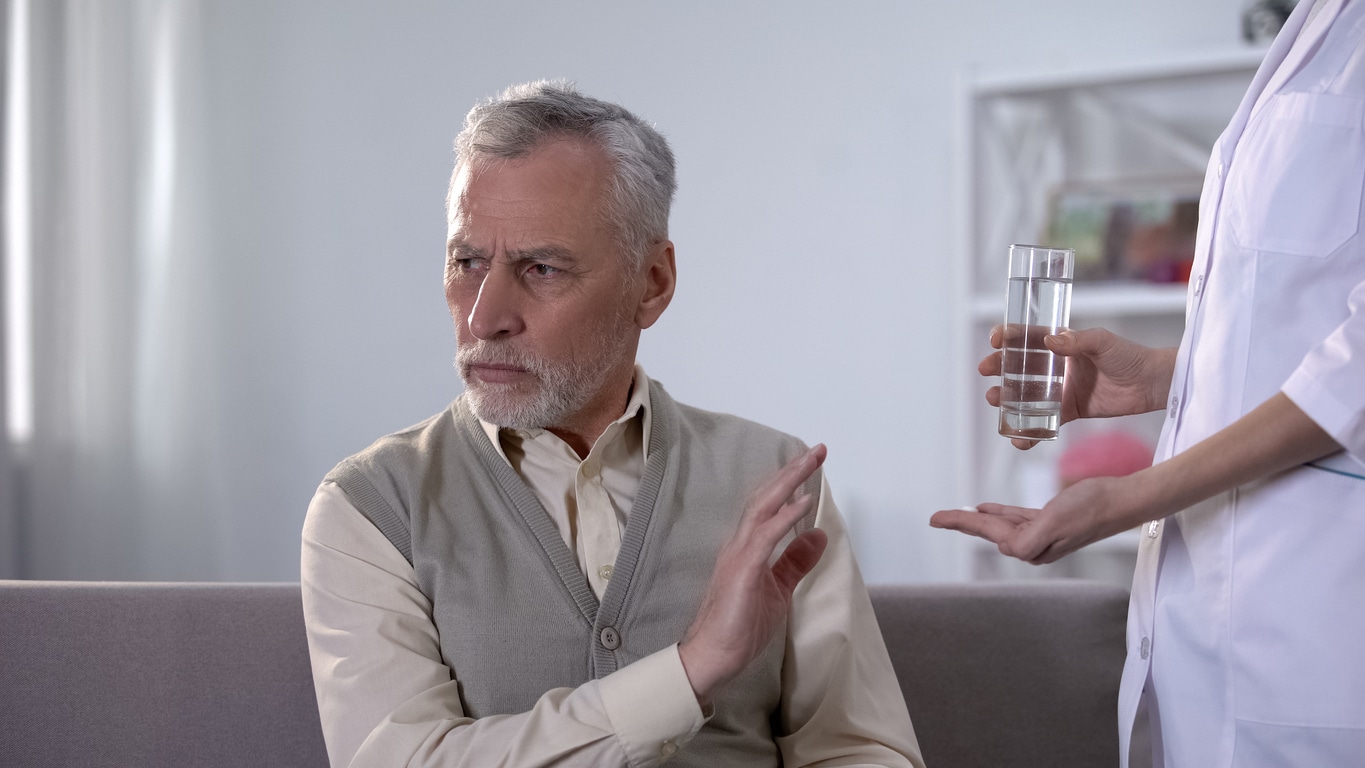
Legal Consequences of Refusing Medical Treatment After an Injury in Georgia
Refusing Medical Treatment Has Lasting Consequences No one sets out on their day expecting to suffer...
Read More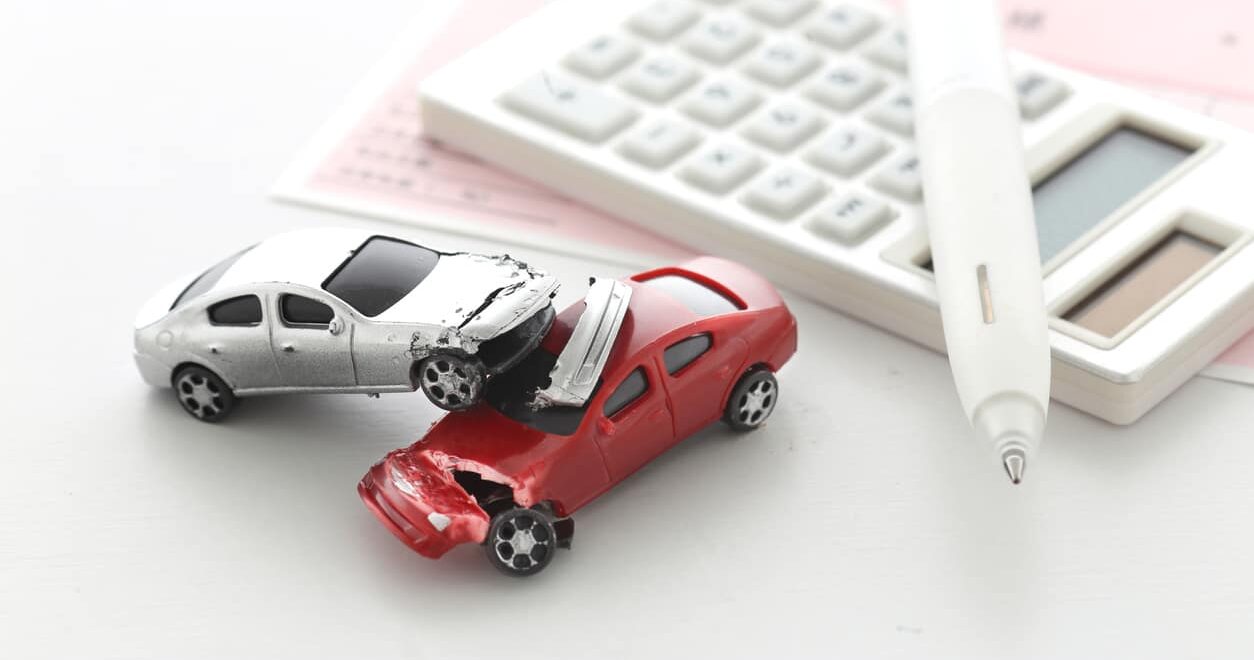
Calculating Personal Injury Damages: Guidance from a Gwinnett County Lawyer
Understanding How Damages Are Calculated in Georgia Personal Injury Claims You may not often think a...
Read More
Georgia Truck Accident Personal Injury Claims: Suing the Truck Driver vs the Trucking Company
Truck accidents can occur in a split second and change the lives of you and your loved ones forever...
Read More
Impact of Dashcam Footage on Semi-Truck Accident Claims in Georgia
In What Ways Can Dashcam Footage Impact the Outcome of Semi-Truck Accident Claims? According to the ...
Read More
Georgia’s Statute of Limitations for Commercial Truck Accident Claims
What Is a Statute of Limitations? A statute of limitations is a time limit imposed by law. It is any...
Read More
Passenger Rights in Georgia Mass Transit Accidents: Legal Protections & Recourse
The mass transit systems in Georgia are heavily used by commuters, students, visitors, and others. W...
Read More
Proving Distracted Driving in Georgia: Legal Challenges and Evidence Collection
As defined by the National Highway Traffic Safety Administration (NHTSA), distracted driving is any ...
Read More
Understanding Your Options After a Car Accident on a College Campus
An accident can cause serious injuries, no matter where it takes place. However, a car accident on ...
Read More
Liability in College Campus Car Accidents: Understanding Georgia Laws
Who is Liable After an Injury Accident on Campus? Determining who is liable is a critical part o...
Read More
Government Immunity in Georgia Mass Transit Accidents: What You Need to Know
What is Government Immunity in Georgia? Under Georgia law, an individual injured in a mass transit a...
Read More
Types of Damages Available for Spinal Injury Victims in Georgia
When Is Compensation Recoverable for Spinal Injuries? Injury to the spinal cord can have life-al...
Read More
Determining Liability in Georgia School Bus Accidents: School System vs. Driver
Most school bus travel is safe. Nonetheless, no one can control other drivers or road conditions, an...
Read More
Georgia Truck Driver Fatigue Laws: How to Pursue Sleep-Related Accident Claims
What Are Georgia Regulations on Fatigued Truck Driving? According to the National Transportation Saf...
Read More
How Federal and Georgia State Regulations Affect Commercial Truck Accidents
After a serious truck accident, establishing liability is an important step in the process of recove...
Read More
Determining Fault in Georgia Motorcycle Accidents: Key Legal Considerations
Smart motorcyclists know that the open road is just as dangerous as it is beautiful. According to t...
Read More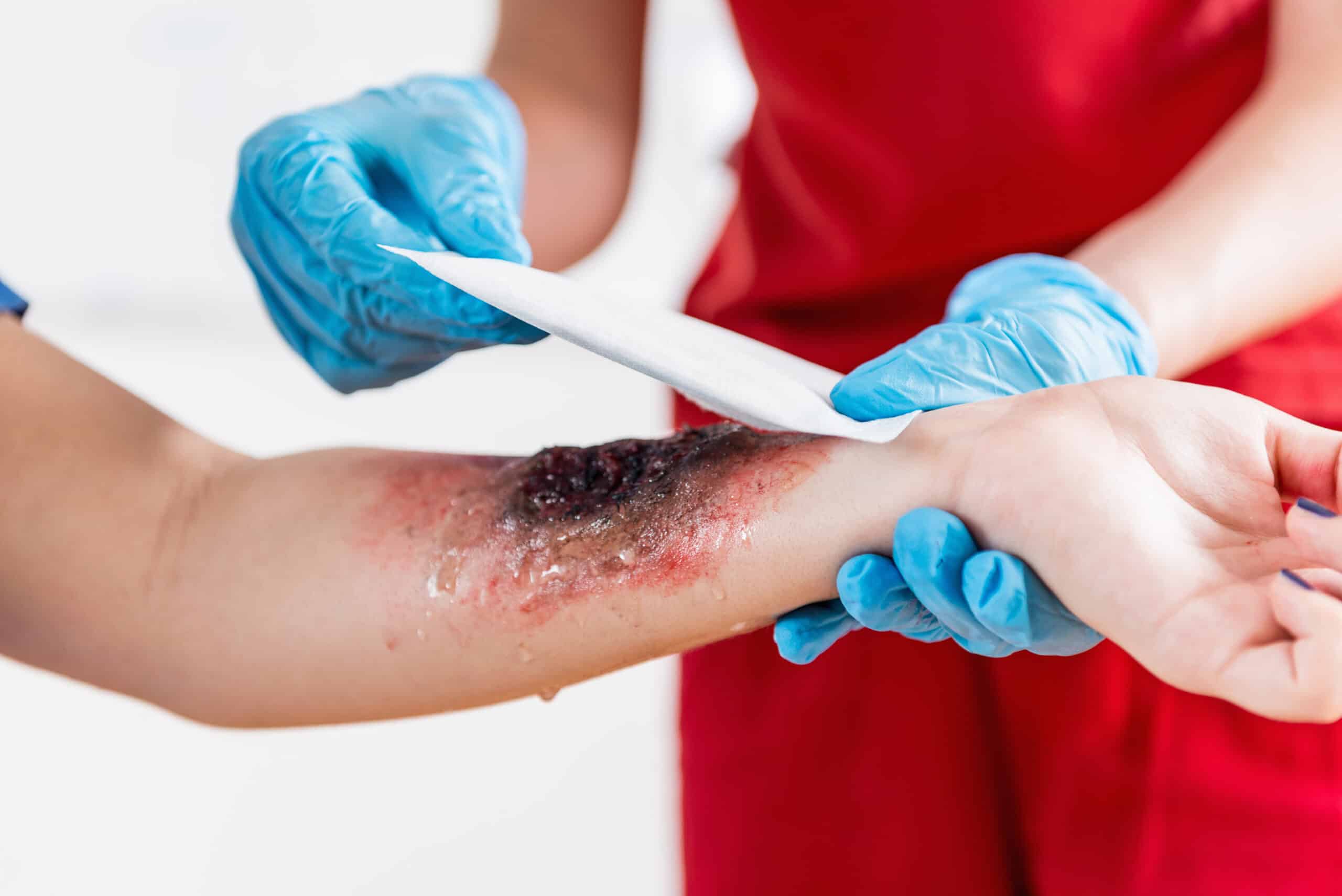
Workplace Burn Injuries in Georgia: Can You Sue Your Employer?
Thousands of burn injuries occur at workplaces every year, and they can happen in any industry. Alt...
Read More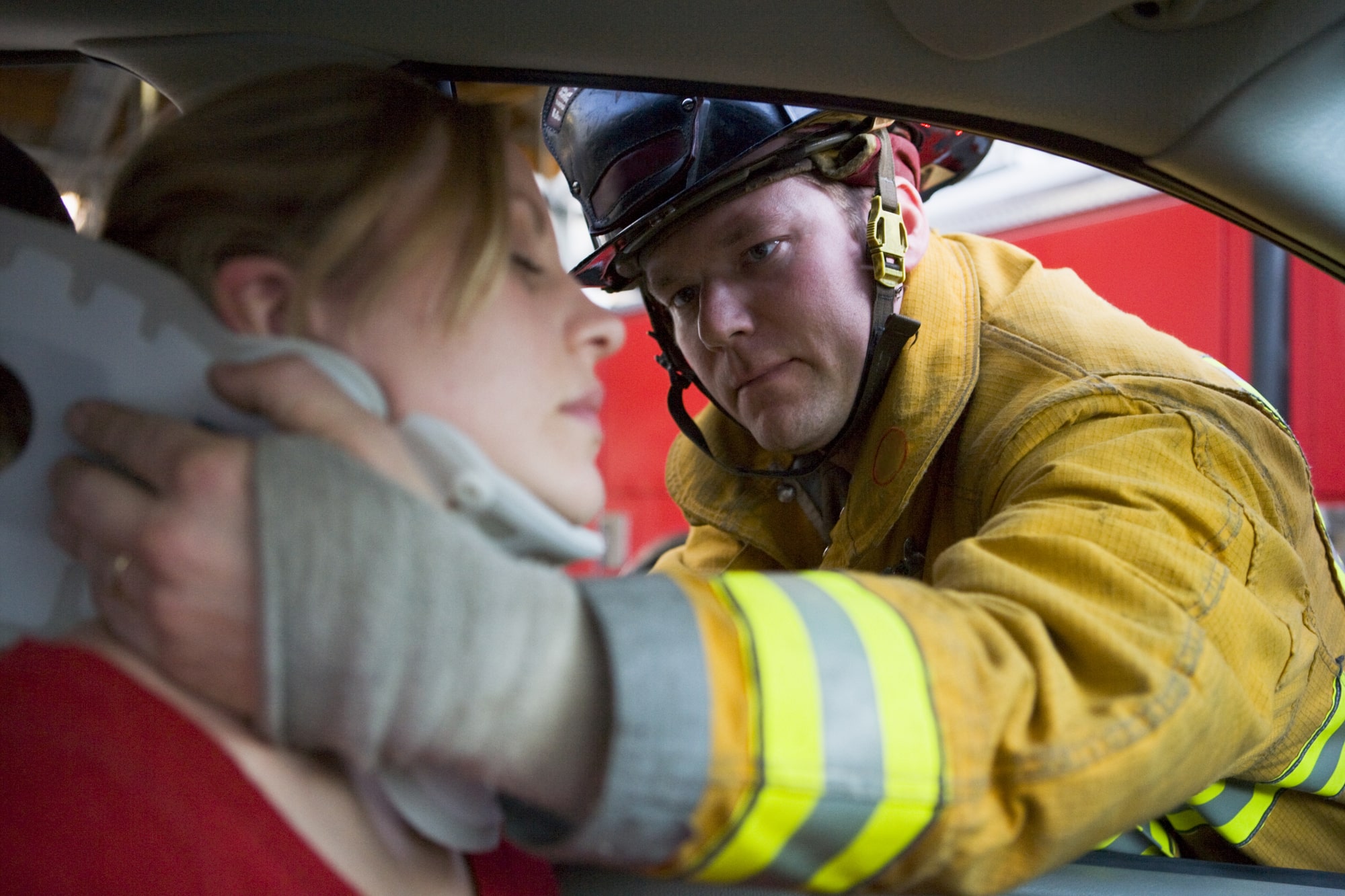
Uninsured Motorist Claims in Georgia: Arbitration or Litigation?
If you have sustained damages or injuries after being involved in an auto accident with an uninsured...
Read More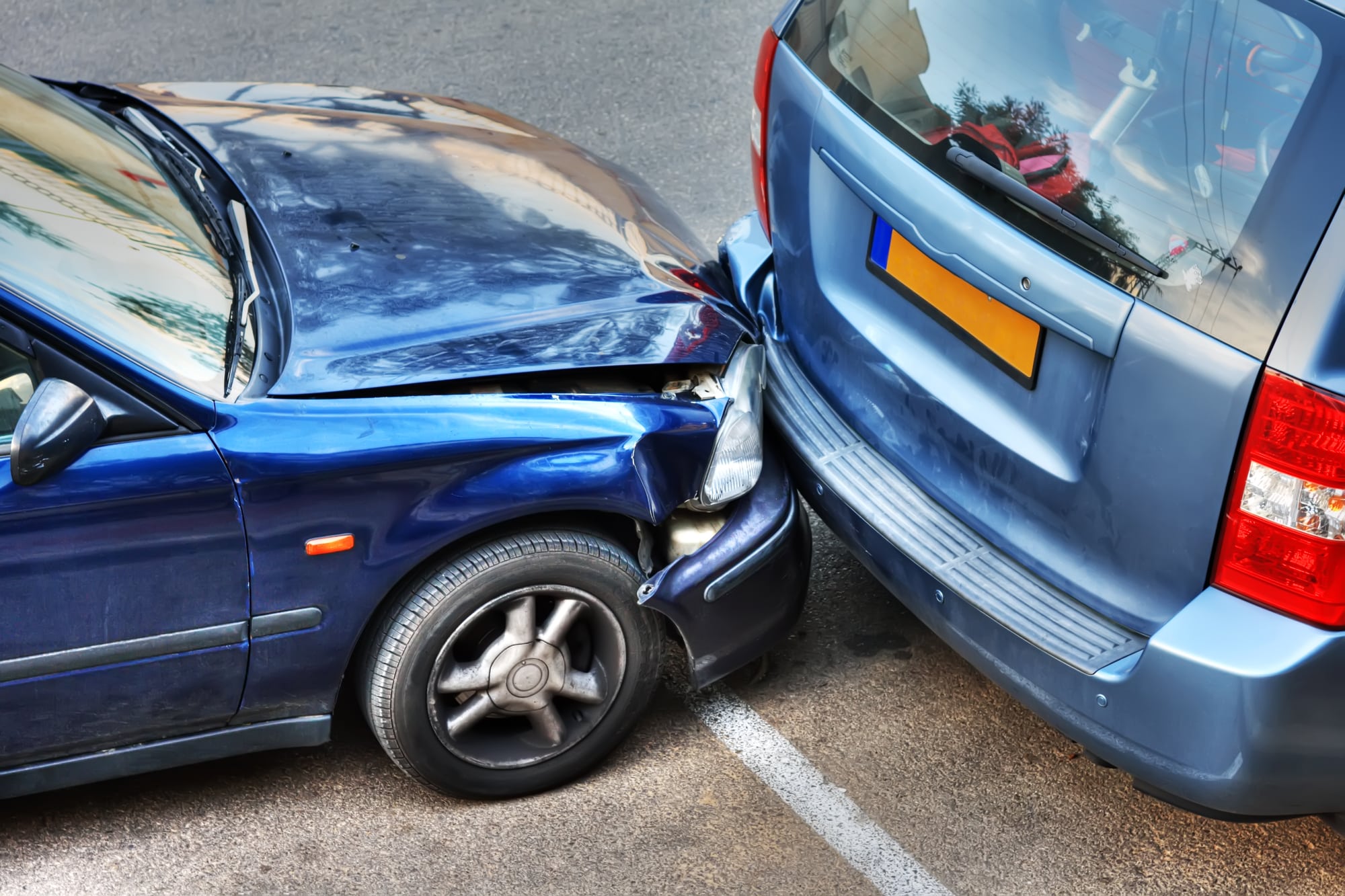
Liability in Georgia Rear-End Collisions Involving Commercial Vehicles
Being involved in a rear-end collision with a commercial vehicle can be a catastrophic situation. Co...
Read More
Legal Rights After a Hit-and-Run Motorcycle Accident in Georgia
Hit-and-run accidents involving motorcycles and passenger vehicles are all too common in Georgia. Dr...
Read More
Liability in Georgia Rideshare Accidents: Uber and Lyft Passenger Rights
Car accidents are terrifying experiences. But one aspect of car accidents that many people overlook...
Read More
Gwinnett County Car Accident: What Role Do Expert Witnesses Play?
Expert witnesses aren’t just a fabrication of TV legal procedurals like Law & Order. In fact,...
Read More
When to Settle a Gwinnett County, GA Truck Accident Case
A truck accident in Gwinnett County, Georgia can leave you with severe injuries and a mountain of u...
Read More
Navigating Insurance Claims After a Car Accident in Gwinnett County
Unfortunately, you have to work with insurance providers if you get injured in a car accident and w...
Read More
Statute of Limitations for Car Accident Claims in Gwinnett County
A car accident can be a major disruption to your life, leaving you with injuries to manage, bills p...
Read More
What to Expect in Gwinnett County Car Accident Trials
If you or a loved one were injured in a car wreck, you might have a valid claim to recover compensat...
Read More
Understanding Personal Injury Protection (PIP) Coverage in Gwinnett County
Because Georgia requires motorists to have insurance, some people resort to using personal injury pr...
Read More









